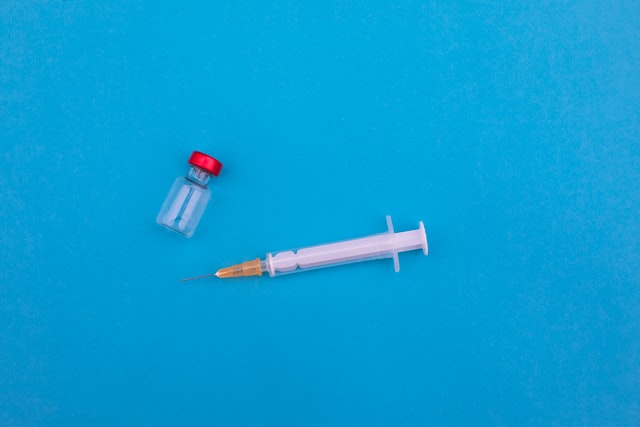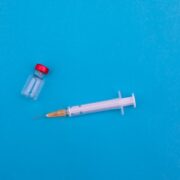
A BLACK market for unauthorized COVID-19 vaccines is ‘thriving’ in the Philippines, according to a recent report by the Washington Post.
Only Pfizer-BioNTech’s COVID-19 vaccine has been granted an emergency use authorization (EUA) in the country, but the national government is still in talks with the American pharmaceutical firm to secure a deal.
The country may only start its rollout of Pfizer vaccine in February through the COVAX facility, a global platform that aims to ensure fair and equitable access to COVID-19 vaccines for all countries.
The Philippines also only recently secured 25 millions of China’s Sinovac, of which the first 50,000 doses are set to arrive in the country — officially — next month.
However, a number of Chinese workers employed by the Philippine Offshore Gaming Operators (POGO) have reportedly been inoculated with a COVID-19 vaccine already.
“It is illegal to import unauthorized pharmaceuticals. But soaring demand among Chinese workers, many of them employed in the Philippines’ lucrative online casinos catering to gamblers in China, is driving a black market in which vaccine doses are sold for many times the standard $30 price in China,” said the Post’s article by journalist Regine Cabato.
The article also noted how the black market “exposes pandemic inequalities and problems with immunization drives in places plagued by corruption and patronage.”
The unauthorized distribution of the vaccines isn’t limited to Chinese POGO workers.
Philippine President Rodrigo Duterte, in late December, revealed that some members of the Presidential Security Group (PSG) have received Sinovac jabs — angering ordinary Filipinos as well as healthcare workers.
Philippines Defense Secretary Delfin Lorenzana, for his part, confirmed that the vaccines administered to the country’s military personnel were smuggled, since they have not been authorized by the government.
“Time and again, health workers are being neglected,” Reigner Antiquera, president of the Alliance of Young Nurse Leaders and Advocates, told the Post.
He added, “Nurses, doctors, and other health workers should be prioritized in receiving these vaccines because they are the most at risk and exposed to the virus.”
Decentralized operation
Teresita Ang See, a Filipino-Chinese civic leader, told the Post that an estimated 100,000 Chinese nationals in the Philippines have already been vaccinated, citing advertisements on Chinese media and information from gambling industry worker chat groups.
“The vaccine could fetch between $200 and $300 on the black market, presumably for both doses,” the newspaper quoted.
Meanwhile, Jesse, a Filipino POGO worker who chose to go by her nickname for fear of reprisal, divulged that she accidentally read the conversation of her Chinese colleagues in a group chat where they discussed getting administered the Pfizer vaccine, shipped in from China.
“In an emailed statement Tuesday, Pfizer did not address questions about whether it had shipped doses to the Philippines. The company said it was committed to engaging with the Philippine government to make its coronavirus vaccine available in the country,” wrote the Post.
The article also noted that Beijing’s efforts to distribute vaccines for its nationals working overseas have raised suspicions that it could “use vaccines for political leverage in areas where it is trying to expand its influence.”
A Philippines-based businessman revealed to the Post that he had been approached by Chinese businessmen from the online gambling industry about supplying the Sinopharm vaccine to their employees.
“The process, he said, entailed the buyer declaring the smuggled vaccines as supplements, before customs officials would relabel the shipment accordingly and approve the importation,” the article said.
“Would-be local distributors would have to agree to assume legal responsibility and sign a waiver committing not to resell the vaccine. The businessman said that many groups were interested and that it was a ‘decentralized operation,’” it added.
Neither the Philippine Bureau of Customs nor the Chinese Embassy in Manila commented on the matter.
Meanwhile, Malacañang assured that the investigations of health and law enforcement authorities are already underway.
“Both FDA [Food and Drug Administration] and the NBI [National Bureau of Investigation] have been investigating this issue,” Presidential Spokesperson Harry Roque said Monday.
“Abangan nalang po natin ang resulta ng kanilang imbestigasyon (Let’s just wait for the results of their investigation),” he added.





